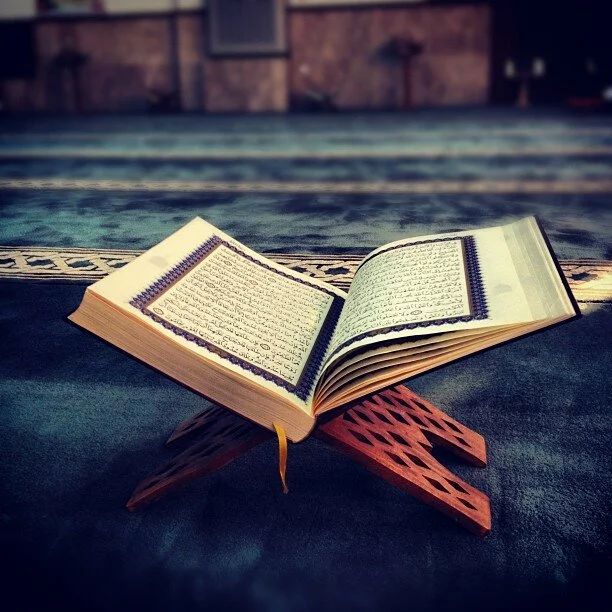Ramadan is the holiest of all the lunar months for Muslims and it is generally said that each and every moment of this holy month has such importance that the whole month should be spent entirely in the worship of Almighty Allah. The whole month is divided into three different 10 day periods, and each 10 period (decade) has its own significance.
The significance of the first and last decade of Ramadan is generally considered to be greater than that of the second decade, however, in reality, each decade has its own importance which cannot be compared with the importance of the other decades. In this article, an overview of the first ten days of Ramadan is presented, along with a discussion of its importance.
The first decade marks the beginning of Ramadan and hence the commencement of all the practices associated with Ramadan such as fasting and Tarawih. These practices are all meant to inculcate self-restraint in the believers. This concept is highlighted in the Holy Quran in the following verse: “O you who believe! Observing al-sawm (the fasting) is prescribed for you as it was prescribed for those before you, that you may learn self-restraint”.(Holy Quran, Al-Baqarah 2:183)
To incorporate self-restraint as a virtue of believers, these practices are naturally harsh and difficult to observe. Fasting whole day means that the believer has to keep his hunger and other instincts under control, and continue this on a stretch of 29 or 30 days. This is accompanied by praying five times a day and other modes of worship. Once the fast is over, the Muslim men and women have to engage themselves in the long and rigorous Tarawih prayer. This one month of struggle by the believer is necessary for him to be able to learn self-restraint in the month of Ramadan.
It is generally considered that the first ten days of Ramadan are the hardest for the believer because he has to change the whole routine that he has been following for the rest of year. The first decade of Ramadan is, hence, quite fittingly the decade of mercy.
Mercy in Islam carries a very broad meaning which is not just limited to forgiving others. The major Arabic words related with the concept of mercy are Rahman and Rahim. The root word related to mercy is Rhm or (Rahm) which means to spread love, tenderness, forgiveness and tolerance. Muslims are required to demonstrate all these different virtues during Ramadan.
Muslims should pray for Allah’s mercy during this decade. This plea for mercy includes the prayer to Allah for helping Muslims out through the difficult time of Ramadan and to make the fasts easy for them. Muslims should show special mercy towards their follows during this decade by helping them in their affairs.
Thus, we can safely say that the first decade of Ramadan is the most comprehensive period of mercy that occurs within the year.




